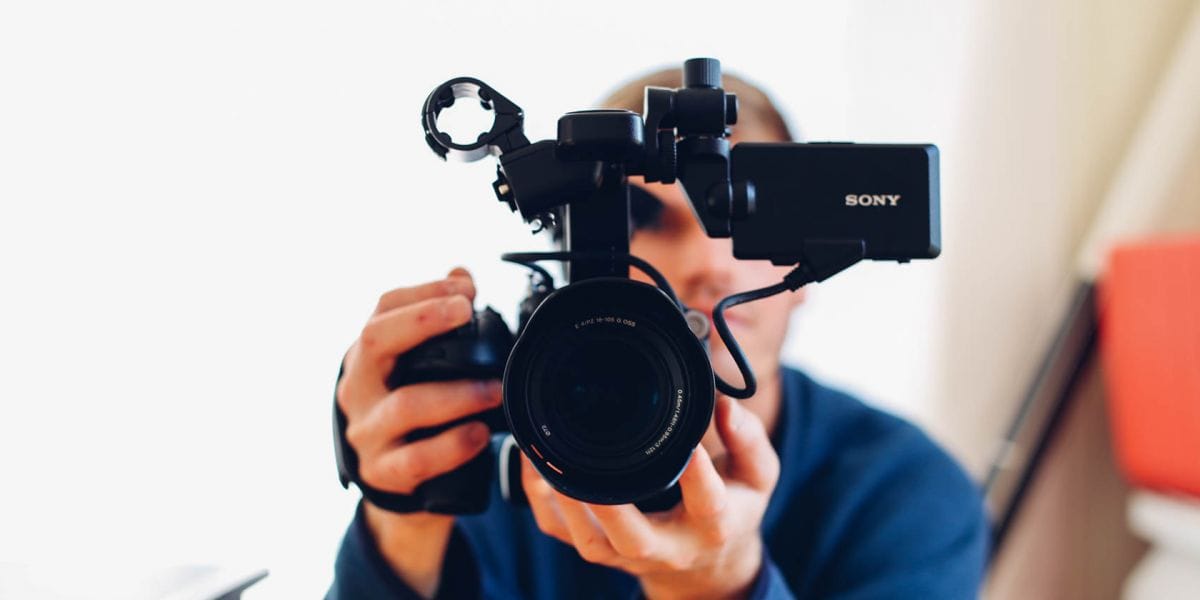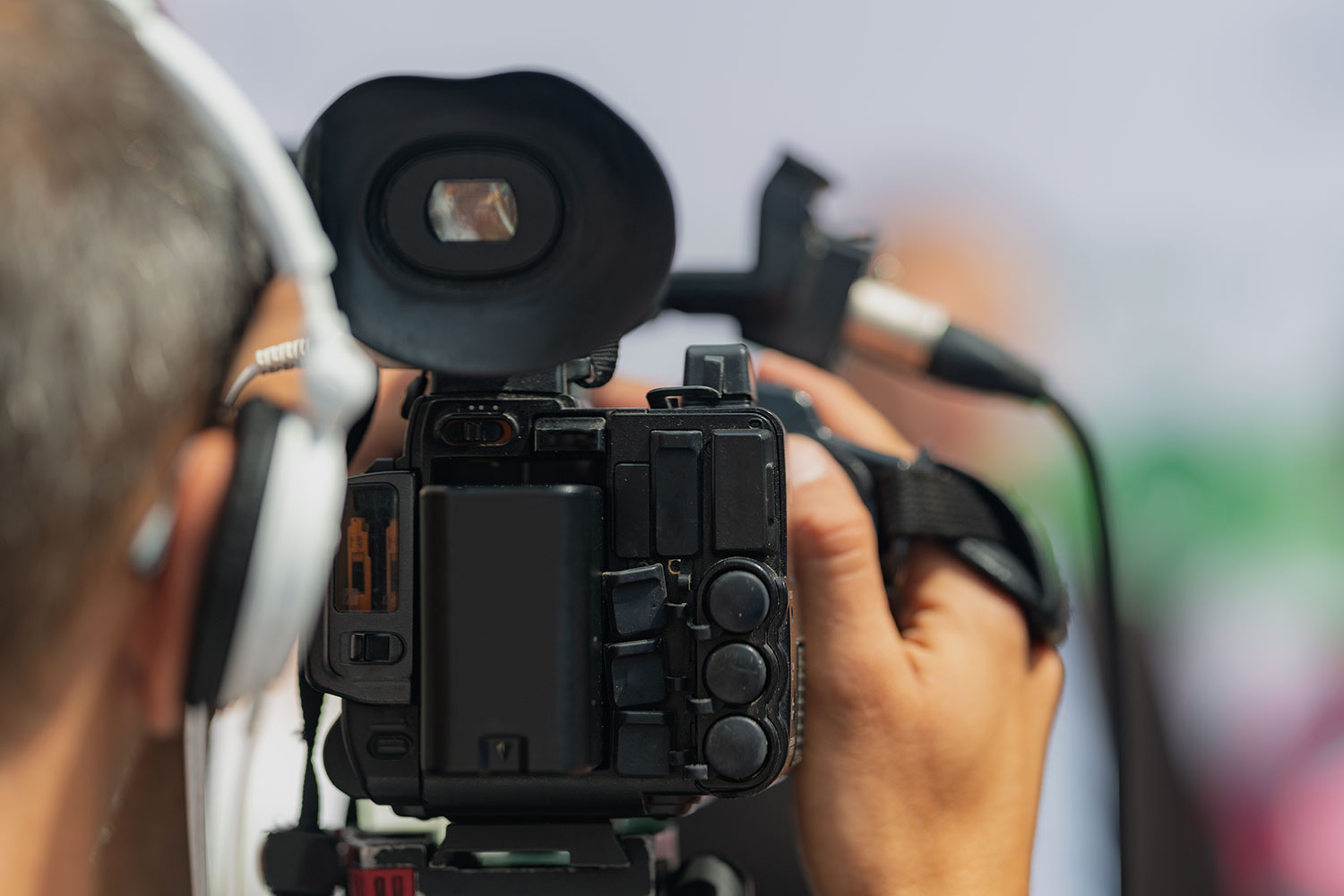Comprehensive Legal Videography for Legal Support.
Comprehensive Legal Videography for Legal Support.
Blog Article
The Duty of Lawful Videography in Depositions and Trials
Lawful videography has actually arised as a vital tool in both depositions and trials, providing a multifaceted approach to recording witness testaments. As legal professionals increasingly recognize its worth, it triggers a much deeper assessment of exactly how these visual documents can affect juror understandings and trial end results.
Value of Legal Videography
Legal videography plays a crucial duty in the paperwork and presentation of depositions and tests. This specific field incorporates technical skills with lawful understanding to create a trustworthy record of proceedings that can dramatically influence instance results. The appearance of legal videography boosts the understanding of witness statement, permitting jurors and judges to observe not just the spoken words but likewise the behavior, emotions, and body movement of the witnesses.

The significance of legal videography expands past the court; it also plays an essential function in protecting evidence for future referral, whether for charms or more lawful action. As such, its assimilation into the legal procedure is vital for ensuring a reasonable and precise depiction of the truths, ultimately adding to the quest of justice.

Process of Legal Videography
While catching the subtleties of depositions and tests, the process of legal videography includes numerous critical steps that make sure high-grade, accurate recordings. At first, an expert lawful videographer prepares by assessing the instance materials and comprehending the certain needs of the deposition or test. This prep work consists of acquainting themselves with the individuals and the context, which helps in catching significant information.
On the day of the recording, the videographer establishes up the essential tools, which typically consists of high-def electronic cameras, microphones, and correct lights. Making certain optimum angles and audio top quality is critical, as it straight affects the efficiency of the recording. The videographer interacts with attorneys and participants to develop methods, making certain that everybody comprehends the recording process.
During the deposition or test, the videographer diligently tapes the procedures, paying close interest to both verbal and non-verbal cues. legal videography. This consists of recording the attitude and reactions of witnesses and attorneys. After the session ends, the videographer might edit the footage for quality and conformity with legal criteria, generating a final item that precisely reflects the process for future recommendation and use in lawful contexts
Benefits in Depositions
The incorporation of videography in depositions supplies many advantages that boost the general process of collecting evidence. One primary advantage is the ability to record witness statements with aesthetic and auditory fidelity, supplying a more exact visit this site right here representation of the witness's demeanor, tone, and body movement. This multidimensional approach permits attorneys and courts to assess reputation better than conventional written records alone.
Additionally, videographed depositions act as a powerful tool for maintaining statement. Needs to a witness become not available for test, their tape-recorded deposition can be played in court, making certain that their evidence stays accessible and appropriate. This facet considerably minimizes the risk of losing vital information that might affect instance outcomes.
Moreover, making use of lawful videography promotes much better preparation for attorneys. Evaluating video clip footage allows lawful teams to examine and improve their techniques, recognizing strengths and weaknesses in their situations. This primary advantage can lead to more compelling presentations in court.
Last but not least, videography boosts the overall professionalism and trust of the deposition procedure, instilling self-confidence in customers regarding the thoroughness of their legal representation. By leveraging technology, attorneys can substantially enhance the performance of depositions.
Effect On Tests
In several tests, the assimilation of videography can dramatically affect the discussion of evidence and the jury's perception. Lawful videography records witness testaments and essential proof in a vibrant style, enabling jurors to engage with the material on numerous degrees. This aesthetic component improves the storytelling facet of a test, supplying context and psychological resonance that traditional text-based proof might do not have.
Furthermore, video recordings can function as effective tools for impeachment during interrogation. When disparities develop between a witness's previous declarations and their court testimony, video clip proof offers an unbiased referral that can persuade jurors' opinions. This immediacy and quality can boost the integrity of a celebration's story while all at once weakening opposing arguments.
In addition, the use of videography can help simplify complicated information, making it a lot more available to jurors that may battle to comprehend intricate information presented only with spoken statement. By incorporating visuals with auditory details, legal videography can boost retention and understanding, eventually affecting the jury's decision-making procedure. The impact of videography in trials expands beyond simple aesthetics; it plays a vital role in shaping the lawful landscape click and outcomes.
Future Trends in Legal Videography
As we look toward the future of lawful videography, numerous emerging patterns assure to improve its function within the court. One substantial trend is the combination of artificial intelligence (AI) in video evaluation and editing and enhancing - legal videography. AI can improve the process of determining key moments in taped depositions, permitting lawyers to quickly access appropriate material, therefore boosting efficiency in case preparation
Furthermore, the surge of digital fact (VR) and enhanced truth (AR) modern technologies is anticipated to change just how jurors experience evidence. By immersing jurors in a simulated atmosphere, these innovations can supply a more profound understanding of complex situations, bring about even more enlightened considerations.

Moreover, the increasing need for remote depositions, accelerated by the COVID-19 pandemic, will likely continue. Legal videographers will require to adjust to new software program and systems to ensure top quality recordings in virtual settings.
Lastly, the expanding focus on information safety will necessitate more stringent methods for keeping and sharing video proof. As the legal landscape develops, legal videographers have to stay abreast of these fads to keep their relevance and effectiveness in the judicial process.

Conclusion
In recap, legal videography offers a vital function in the judicial process, boosting the stability of depositions and tests. By capturing the nuances of witness testaments, this medium not just maintains vital proof but likewise help in presenting info effectively to jurors. The importance of visual documents in assessing reputation and helping with interrogation can not be overemphasized. As technology remains to progress, lawful videography is poised to further transform its additional reading function within the lawful landscape.
Report this page